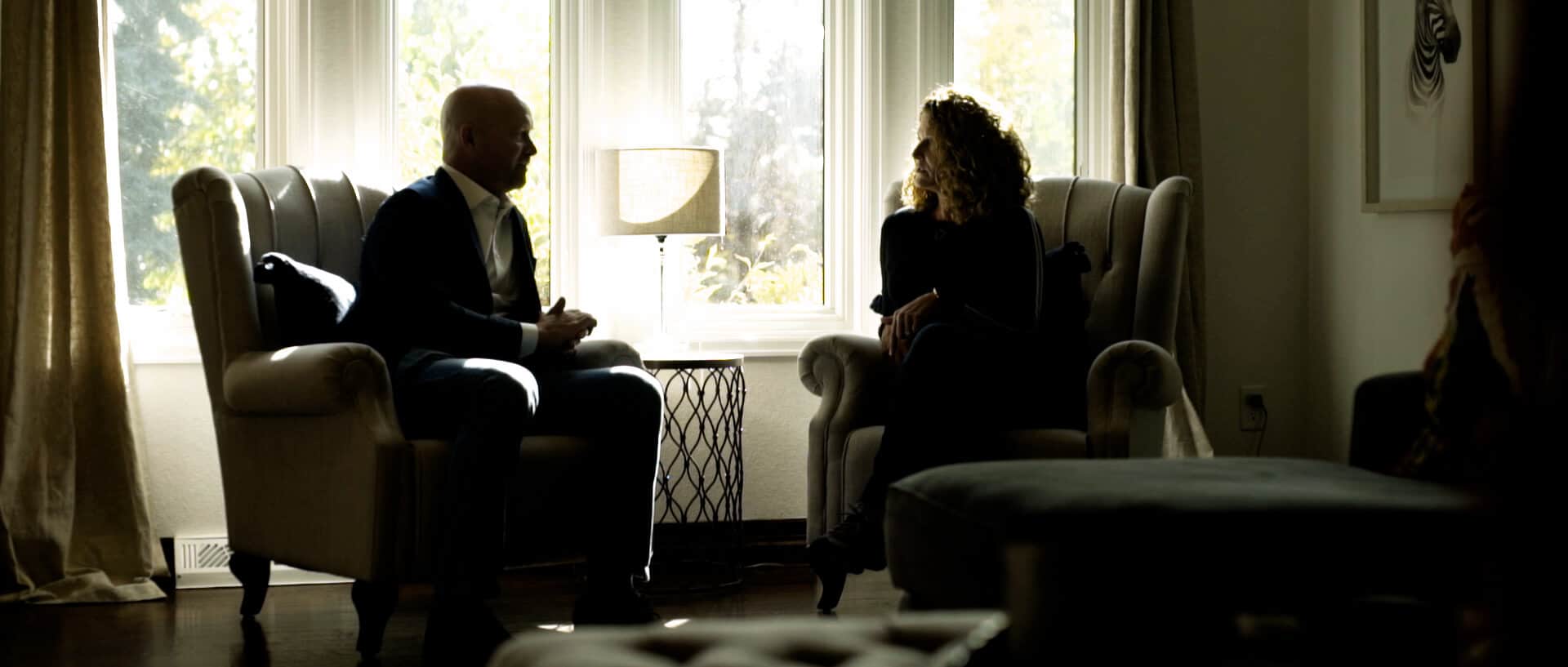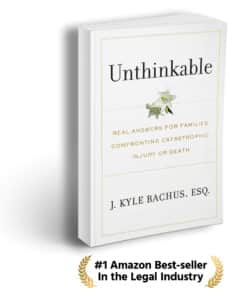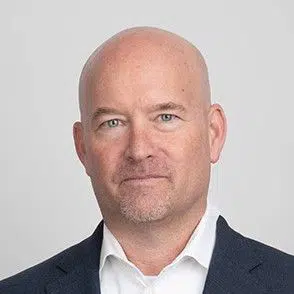If you have unfortunately lost a loved one because of someone else, you already understand nothing can bring them back. But you might be wondering, “What now?” That question has many answers during a terrible time like this, but if you are considering filing for a wrongful death lawsuit, we are here to help you every step of the way. We empathize with your tragedy and would like to help offer guidance as you navigate your path forward.
Some additional questions may be:
- What is a “wrongful death” claim in Colorado?
- Who can file a “wrongful death” claim in Colorado?
- When can you file a “wrongful death” claim in Colorado?
- How much damage can someone recover from a “wrongful death” claim?
- Are there any other options?
After reading this, we hope you can better understand this painful process
We also have our own specially assembled Victim’s Advocates team, which works directly with the Elite Litigation Group to ensure all your rights are met and you and your family are protected.

What Does The Victim’s Advocates Team Do?
Our Victim’s Advocates used to work for a police department and judicial system, so they deeply understand the civil and criminal justice system and empathize with what you are going through.
Their focus is on you, and their goal is to help you find out what really happened by ensuring a full investigation has been opened. This can include but is not limited to:
- Ensuring appropriate charges are filed
- Ensuring your rights are protected
- Being the liaison between your family and the prosecutor’s office
- Hiring the necessary people to gather evidence — they will not rely on law enforcement only
- Ensuring evidence is preserved
- Ensuring you are financially taken care of
Knowing Who To Contact Can Be an Important Step in the Recovery Process
If you or someone in your family has lost a loved one, then you have experienced first-hand how much a person’s life can be changed in the blink of an eye. When something terrible and unexpected like this happens, you and your family are suddenly thrust into a world of chaos and uncertainty that just days or even hours ago seemed unimaginable. As you try to regain some level of control amid all the uncertainty, you might wonder or ask yourself, “What do we do now?” or “What’s next for us?”
Denver wrongful death lawyer Kyle Bachus knows first-hand how difficult it can be to suddenly lose a loved one in an accident. It’s also devastating when you or a family member suffers severe injuries that forever change your life. When the unthinkable happens, what are your next steps? How can you start to rebuild your life in this new normal? If you’ve recently been affected by catastrophic injury or wrongful death, Kyle Bachus provides guidance on navigating this path that no one chooses.
Meet Our Legal Experts
We know what happened to you is unimaginable. Our only goal is to help you and your family on this painful journey and fight for your rights. When you need skilled, experienced, and compassionate representation, the Elite Litigation Group is here for you. With years of experience and multiple office locations serving nationwide, our personal injury attorneys are ready to serve you and fight for the compensation you deserve.
Sources:
Landers, D. Proving a Wrongful Death Civil Suit.
Landers, D. Who Can File a Wrongful Death Lawsuit?
Testimonials
“Thank you for not giving up on me”
…there was a point when I wanted to give up… Bachus & Schanker did not give up on me. They just kept pushing through and letting me know that we’re on a team and that they’re there for me, to support me and help me in any way I need.
Thank you for giving me a second chance, for helping me with a second chance and thank you for not giving up on me.
When you go through an accident, so many people you find give up on you and you don’t matter anymore to them and that wasn’t the case with Bachus & Schanker.
Molly Cain







